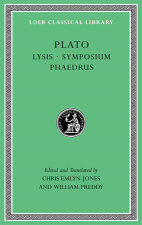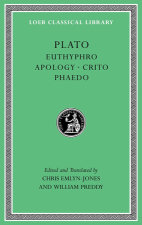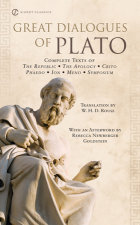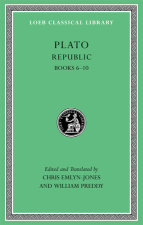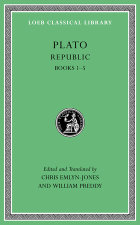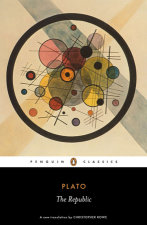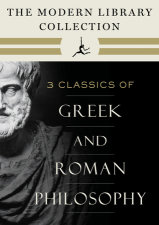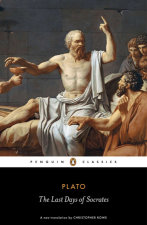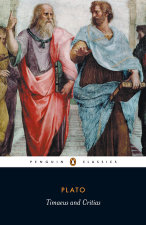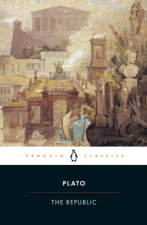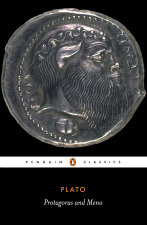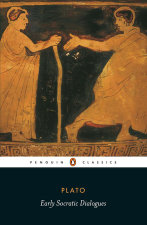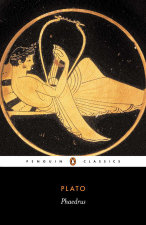The Last Days of Socrates
Euthyphro; Apology; Crito; Phaedo
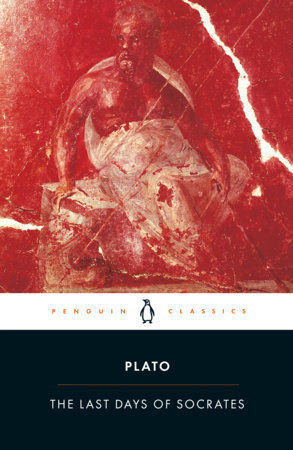
The trial and death of Socrates (469-399 BCE) have almost as central a place in Western consciousness as the trial and death of Jesus. In four superb dialogues, Plato provides the classic account. Euthyphro finds Socrates outside the court-house, debating the nature of piety, while the Apology is his robust rebuttal of the charges of impiety and a defence of the philosopher's life. In the Crito, while awaiting execution in prison, Socrates counters the arguments of friends urging him to escape. Finally, in the Phaedo, he is shown calmly confident in the face of death, skilfully arguing the case for the immortality of the soul.
For more than seventy years, Penguin has been the leading publisher of classic literature…
$19.00
April 29, 2003Plato, with Socrates and Aristotle, is the founder of the Western intellectual tradition. Like his mentor Socrates, he was essentially a practical philosopher who found the abstract theory and visionary schemes of many contemporary thinkers misguided and sterile. He was born about 429 BCE in Athens, the son of a prominent family that had long been involved in the city's politics. Extremely little survives of the history of Plato's youth, but he was raised in the shadow of the great Peloponnesian War, and its influence must have caused him to reject the political career open to him and to become a follower of the brilliantly unorthodox Socrates, the self-proclaimed "gadfly" of Athens. Socrates' death in 399 BCE turned Plato forever from…
